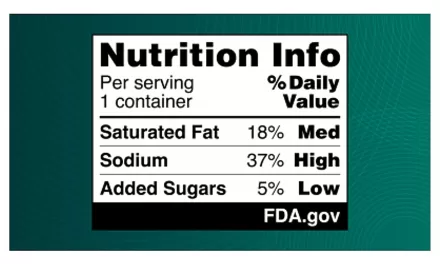Health experts highlighted on Friday the significant impact of seasonal weather changes, such as hot humid summers and chilling winters, on blood pressure. They emphasized the importance of regularly monitoring blood pressure to manage these fluctuations.
Blood pressure tends to vary with temperature changes. In regions like North India, these seasonal variations are pronounced due to extreme temperatures. During winter, temperatures can plummet to five or six degrees Celsius, while in summer, they can soar to between 40 and 45 degrees Celsius.
“This usually happens during severe winter as the cold climate causes vasoconstriction of the blood vessels, which means that the blood vessels become narrow, they go into a spasm, and because of that, the blood pressure may rise,” explained Dr. Vinayak Agrawal, Senior Director and Head of Non-Invasive Cardiology at FMRI, Gurugram.
In contrast, high ambient temperatures in summer can lead to a drop in blood pressure, resulting in orthostatic hypotension, a condition characterized by lightheadedness or dizziness when standing up from a sitting or lying position. This increases the risk of falls. “And especially during extreme summers, there can be a lot of sweating, which can further reduce the BP,” noted Dr. Ashwani Mehta, Senior Consultant in the Department of Cardiology at Sir Ganga Ram Hospital.
To manage these fluctuations, experts advise maintaining a regular schedule and monitoring blood pressure consistently. “If you measure your blood pressure and adjust the medicine in consultation with your doctors, then it can be taken care of. Many times, doctors reduce the dose of medication in certain patients during summers and restart them during the winters,” Dr. Mehta added.
Additionally, experts recommend adopting healthy lifestyle practices such as engaging in regular physical activities like yoga and cycling, and reducing the intake of ultra-processed foods. These measures can help prevent other hypertension-related complications like brain stroke, dementia, and heart problems.












